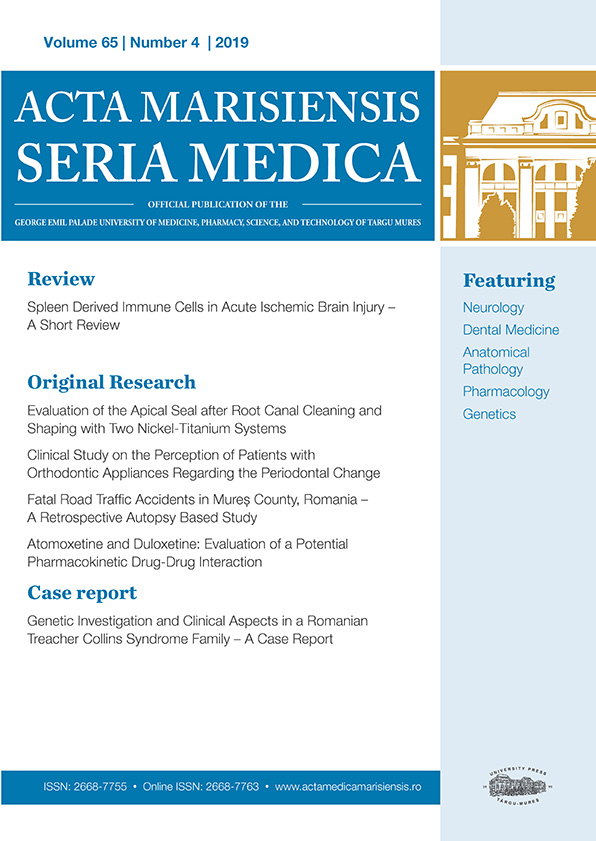Evaluation of Effects on Hepatocellular Carcinoma Cell Line of Cocos nucifera; In vitro study
DOI:
https://doi.org/10.2478/amma-2023-0004Keywords:
Cocos nucifera, Hep-G2, L929, cytotoxicity, antioxidant activityAbstract
Objective: Cancer is one of the most important diseases of today. The use of chemical drugs, surgical operations, and transplants are very common in its treatment. In addition to these treatment methods, studies include the effects of natural and plant-derived substances. Various substances are used in these studies, which are called phytotherapy. Our study aimed to determine antioxidant activity and cytotoxic effects on HepG-2 and L929 cell line of C.nucifera.Methods: In our study, different concentrations of natural and plant-derived substances such as Cocos nucifera were investigated for their cytotoxic effects on the L929 Fibroblast cell line and Hep-G2 Hepatocellular Carcinoma cell line. In addition to these studies, their antioxidant capacity was evaluated. In our work, different concentrations of C.nucifera was examined.Results: According to the results, C.nucifera. had a cytotoxic effect in the Hep-G2 and ensured the proliferative effect of cells in the L929. Among C.nucifera extracts according to total antioxidant capacity results C.nucifera extract was found to be the richest in antioxidants with 2.79 mmol/L, while the material with the lowest antioxidant capacity was determined as C.nucifera milk. DPPH free radical scavenging activity results show the opposite.Conclusion: Liver cancer of Cocos nucifera can be used in studies and its antioxidant effect It is thought that it may play a role in the balance against oxidative stress. However, according to the data of our study, it is recommended that the use of C.nucifera juice, extract and milk with cancer be supported by more comprehensive in vitro studies and clinical studies.
Downloads
Published
How to Cite
Issue
Section
License
Acta Marisiensis Seria Medica provides immediate open access to its content under the Creative Commons BY 4.0 license.









